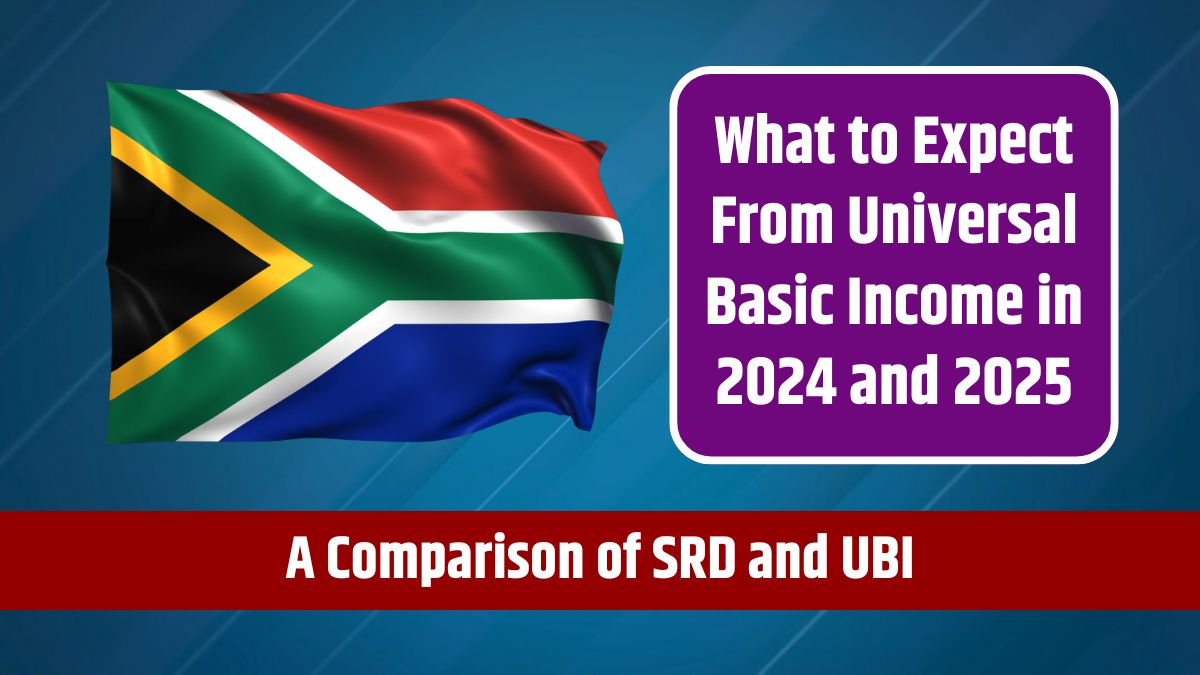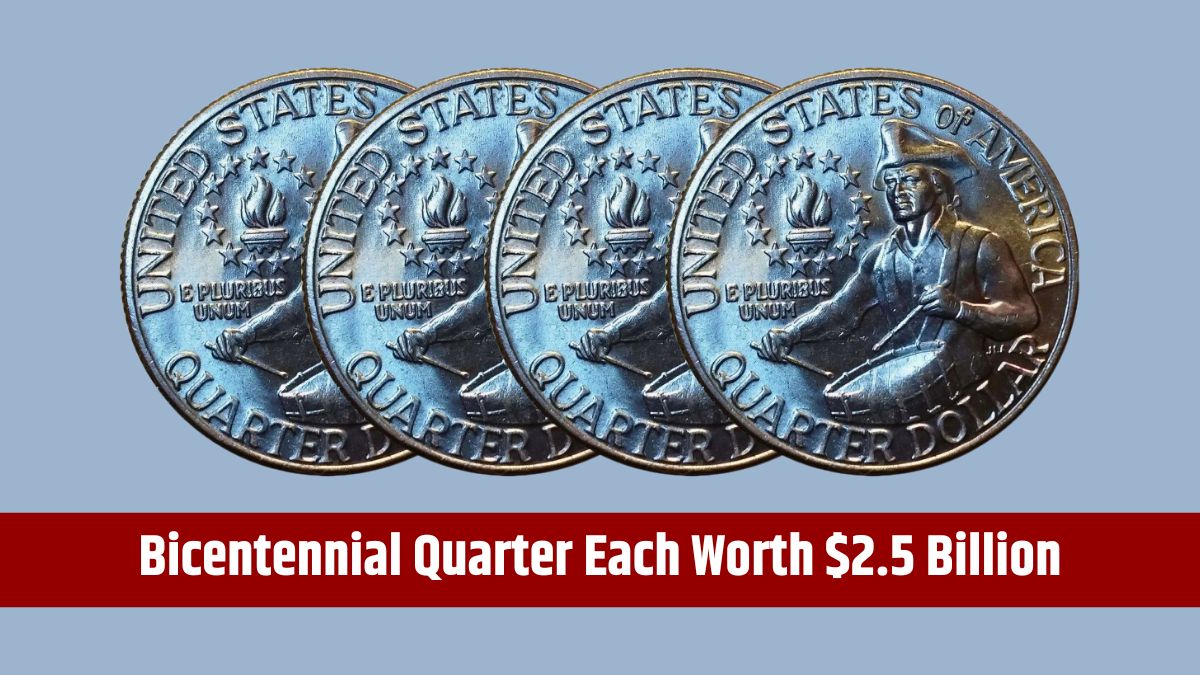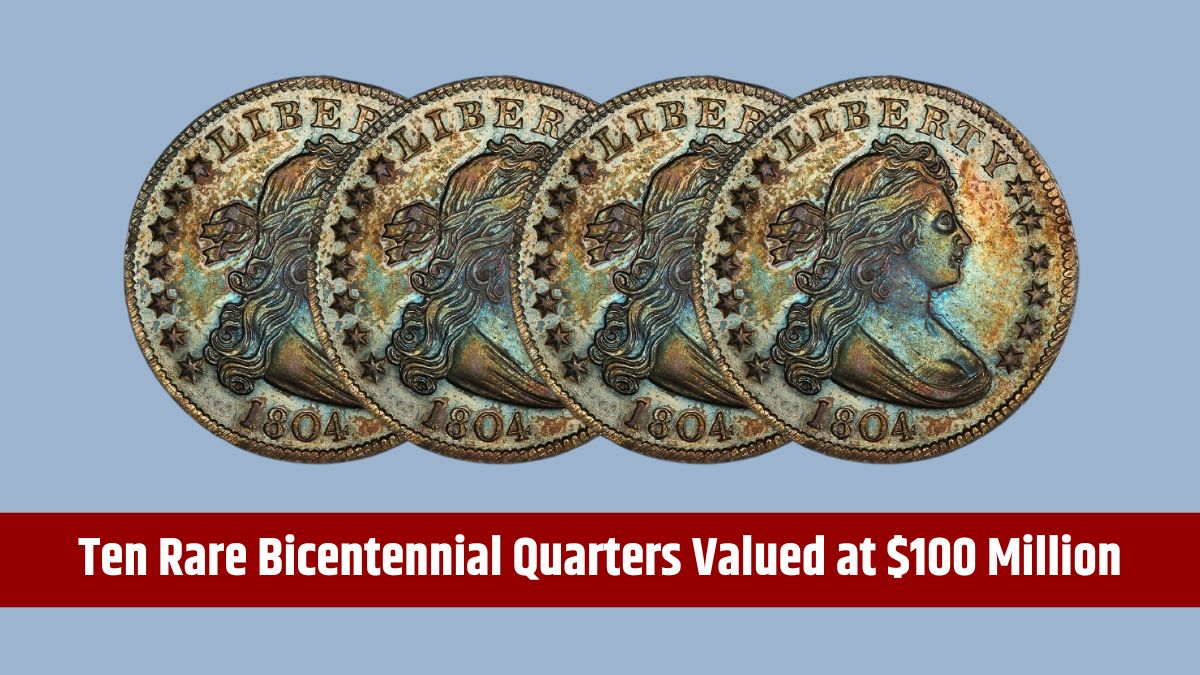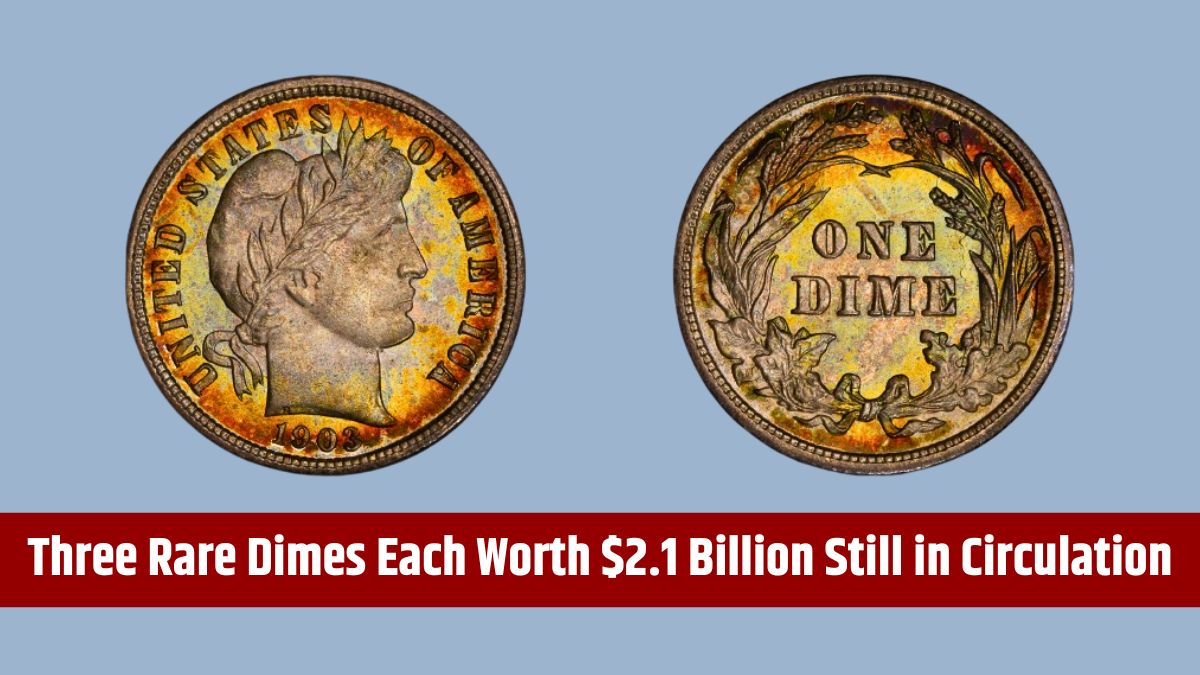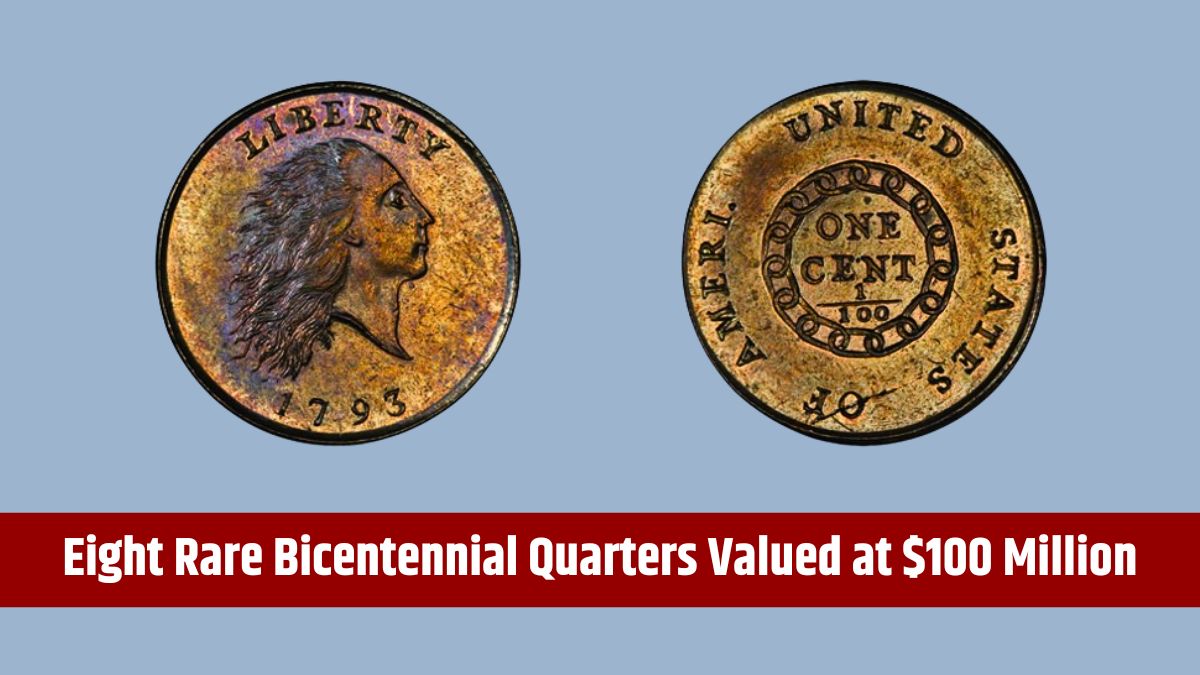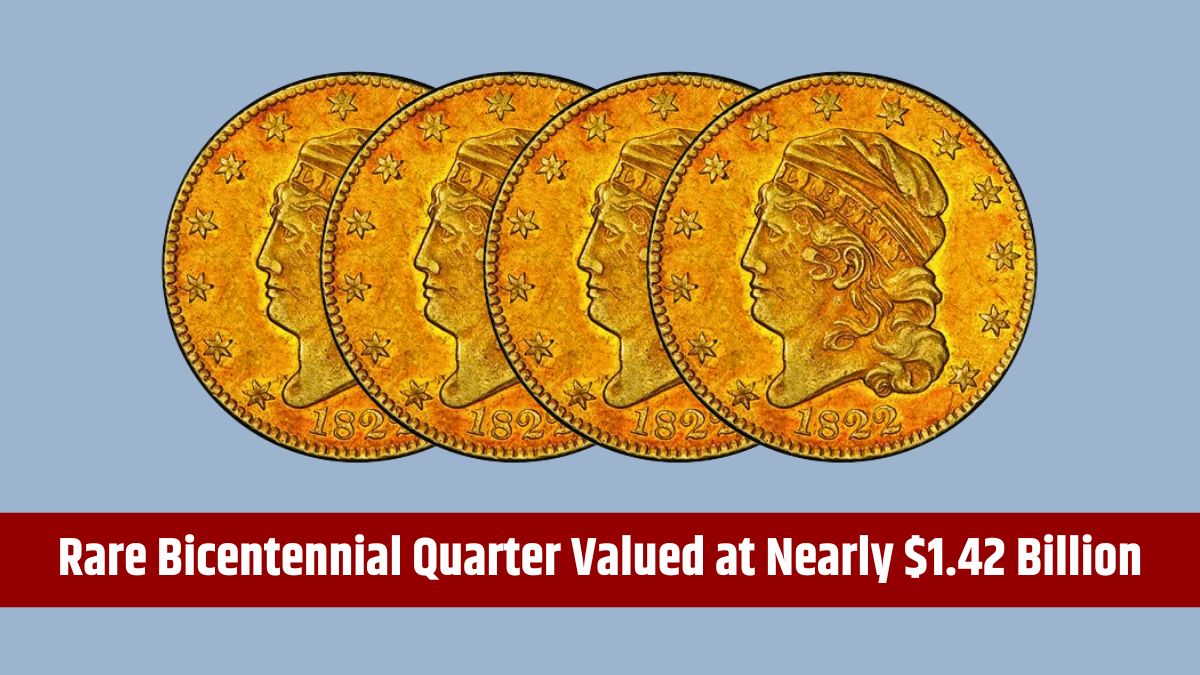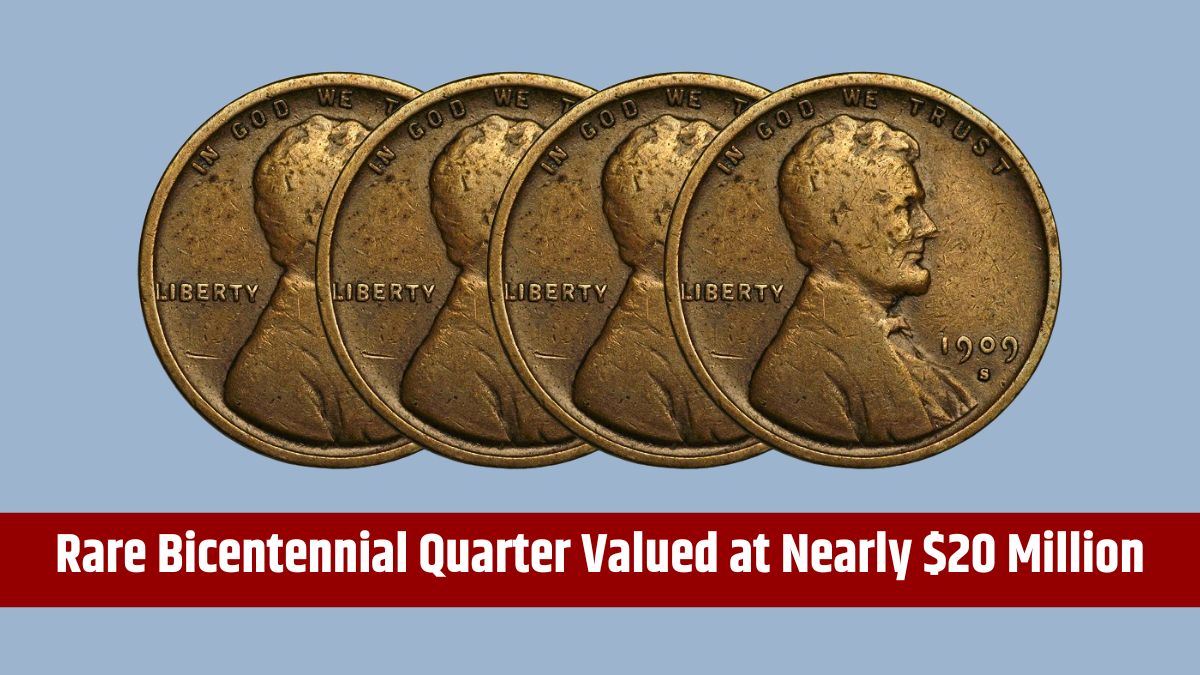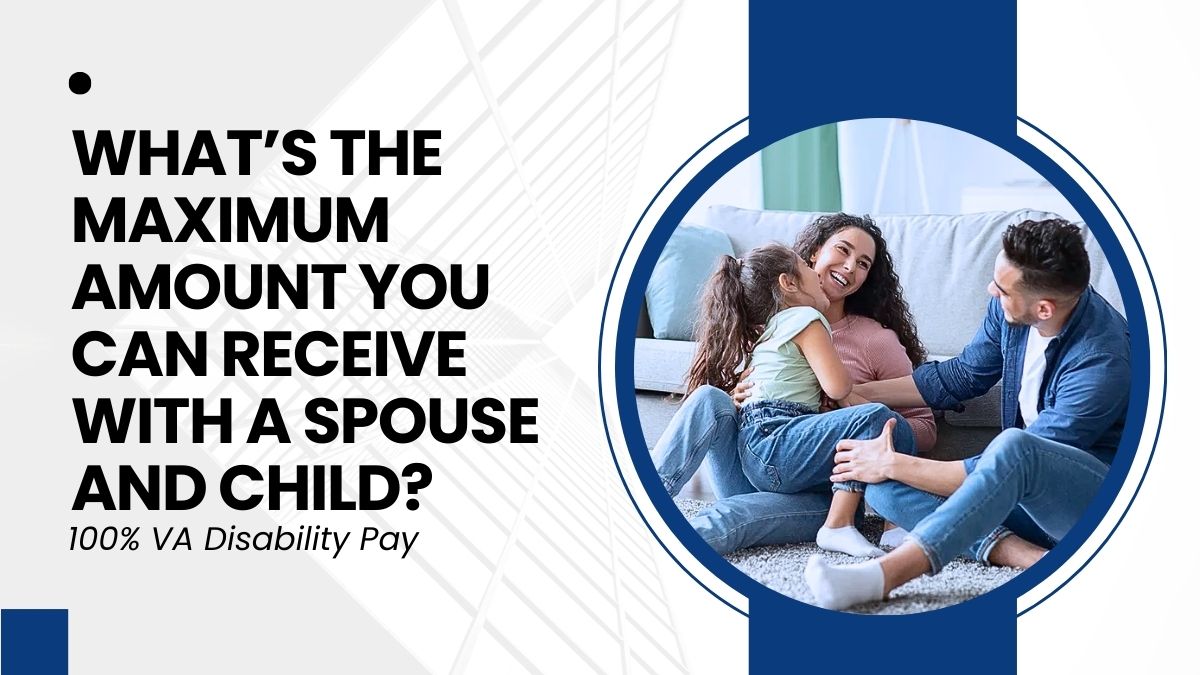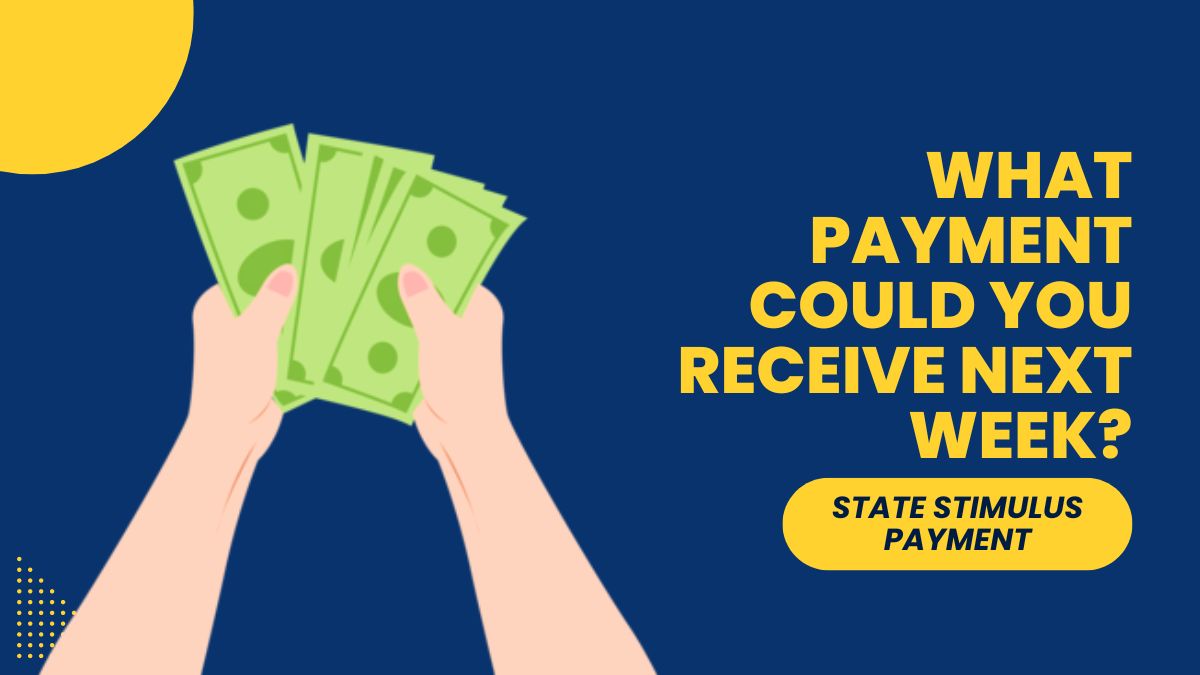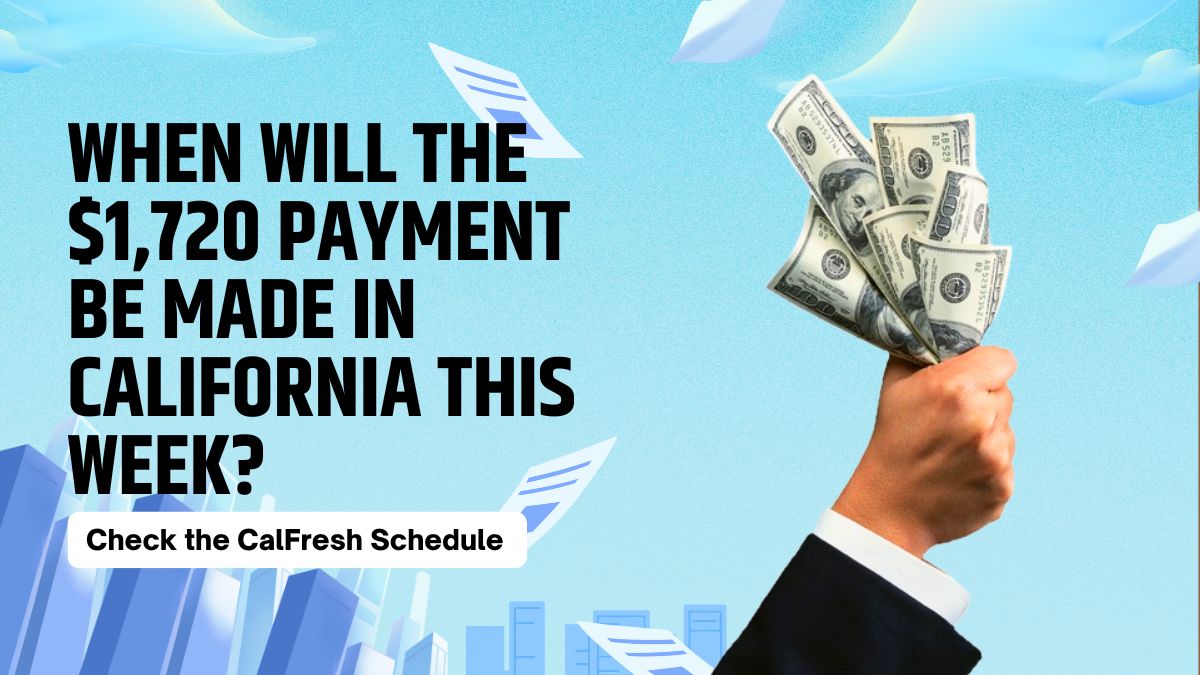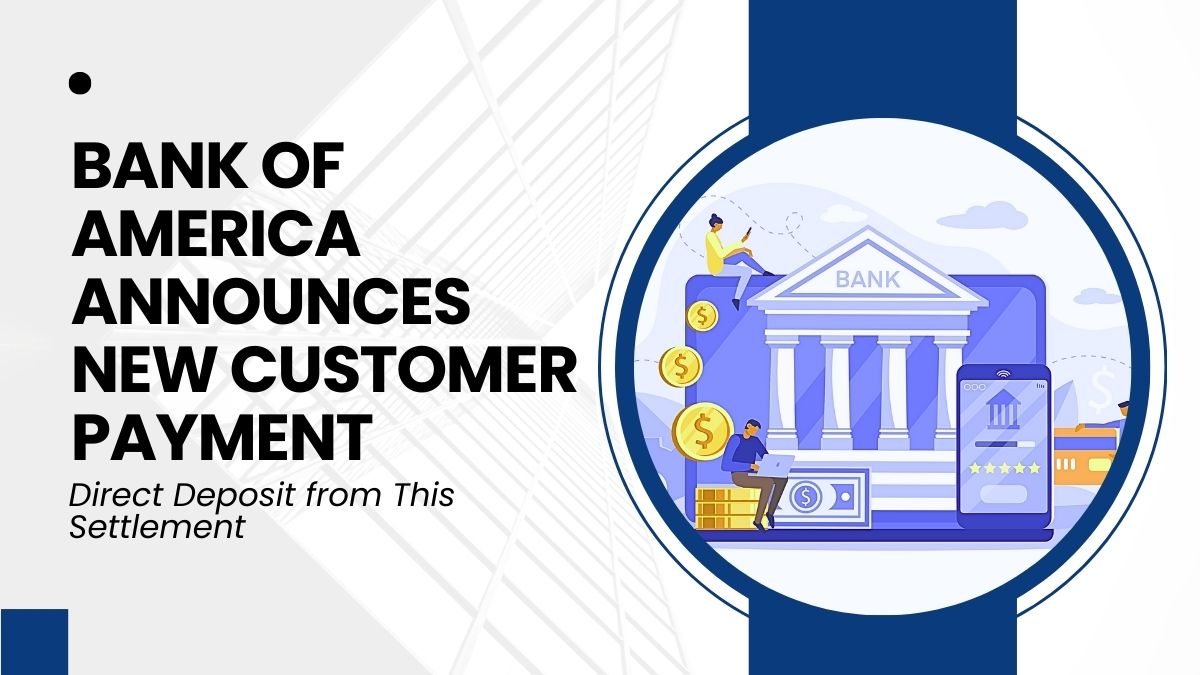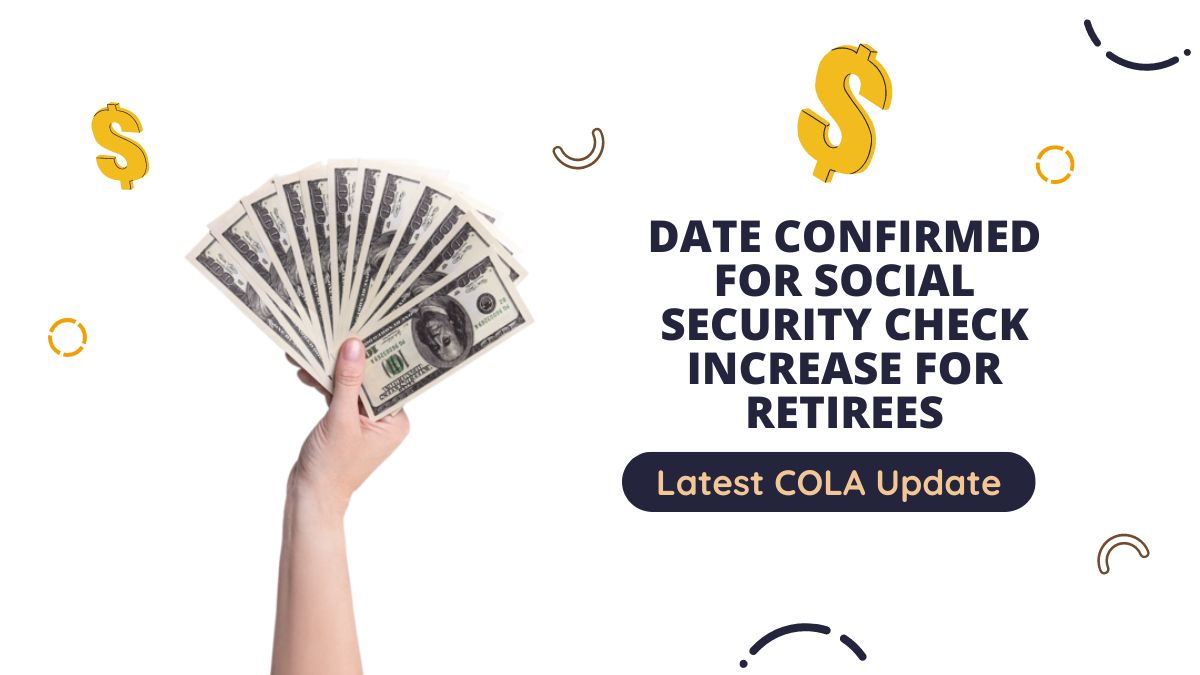South Africa stands on the brink of a significant social and economic shift with the planned rollout of a Universal Basic Income (UBI) program in 2024-2025. This initiative marks a departure from the temporary COVID-19 Social Relief of Distress (SRD) grants, potentially establishing a permanent financial support system for eligible citizens. If you’re curious about what to expect from UBI in the coming years and how it differs from the SRD, this article will break it down for you.
SRD to UBI
The SRD grant, introduced in 2020 as a response to the economic challenges posed by the COVID-19 pandemic, provided temporary financial relief to unemployed South Africans. This program was a lifeline during a crisis, but it had several limitations. The SRD grant was conditional, targeting individuals who met specific income-based criteria, and required periodic reapplication to maintain eligibility. Moreover, its temporary nature and on-again, off-again implementation created uncertainty for beneficiaries.
In contrast, the proposed Universal Basic Income aims to offer a more stable and inclusive financial support system. Set to begin in 2024-2025, UBI will provide financial assistance to most adult citizens within a specific age range, regardless of their employment status or income level. This broader coverage is designed to reduce poverty more effectively and promote economic participation without the constraints associated with the SRD grant. UBI is envisioned as a long-term solution, providing consistent financial security for South Africans.
Key Differences
As South Africa transitions from SRD to UBI, it’s essential to understand the key differences between these two social welfare programs:
- Target Population: The SRD grant is targeted at unemployed individuals between the ages of 18 and 60 who meet specific means-tested criteria, indicating financial hardship. In contrast, the UBI program is designed for all citizens aged 18 to 59, regardless of their income or employment status. This broader coverage aims to include a wider range of vulnerable populations.
- Conditions and Eligibility: The SRD grant is conditional, requiring recipients to demonstrate financial distress and reapply periodically to maintain eligibility. UBI, however, is unconditional, with no restrictions on how the grant can be spent, fostering individual agency and economic participation.
- Duration and Purpose: The SRD grant was initially introduced as a temporary measure to address the economic impact of the pandemic. UBI, on the other hand, is envisioned as a long-term social safety net, providing a consistent foundation of financial security for citizens.
- Impact on Poverty and Economy: While the SRD grant provided crucial support during a crisis, its impact was limited by its temporary nature and conditional requirements. UBI has the potential to have a broader and more lasting impact on poverty reduction, economic empowerment, and social equality.
Challenges
Despite the promise of UBI, there are challenges to consider. One of the primary concerns is the long-term fiscal sustainability of the program. Funding for UBI will come from the South African government, but the exact mechanisms for financing the program are still being finalized. The government is considering a monthly UBI grant in the range of R800 to R1,200, but the final amount has yet to be determined.
Additionally, there are concerns about the potential disincentives to work that UBI could create and the need to ensure an efficient administrative system to manage the program. Moreover, while UBI is expected to replace the SRD grant, it might also supplement existing social grants, such as the Child Support Grant and the Old Age Pension.
Broader Implications
The introduction of UBI in South Africa could have a profound impact on the country’s social and economic landscape. By providing a stable source of income to a broad segment of the population, UBI could help reduce poverty, boost the economy, and promote social empowerment. If successful, South Africa’s UBI program could serve as a model for other developing countries facing similar challenges of poverty and inequality.
The world will be watching closely as South Africa implements this groundbreaking policy shift. The transition from SRD to UBI represents a bold step towards a more inclusive and equitable society, but it also comes with significant challenges that will need to be carefully managed.
FAQs
What is UBI replacing in South Africa?
UBI is expected to replace the SRD grant and may also supplement other social grants.
Who qualifies for UBI in South Africa?
All adult citizens aged 18 to 59 will qualify, regardless of income or employment.
How much will the UBI grant be?
The UBI grant is expected to be between R800 and R1,200 per month.
When will UBI be implemented in South Africa?
UBI is planned for rollout in 2024-2025.
What are the main concerns with UBI?
Concerns include funding sustainability and potential work disincentives.

